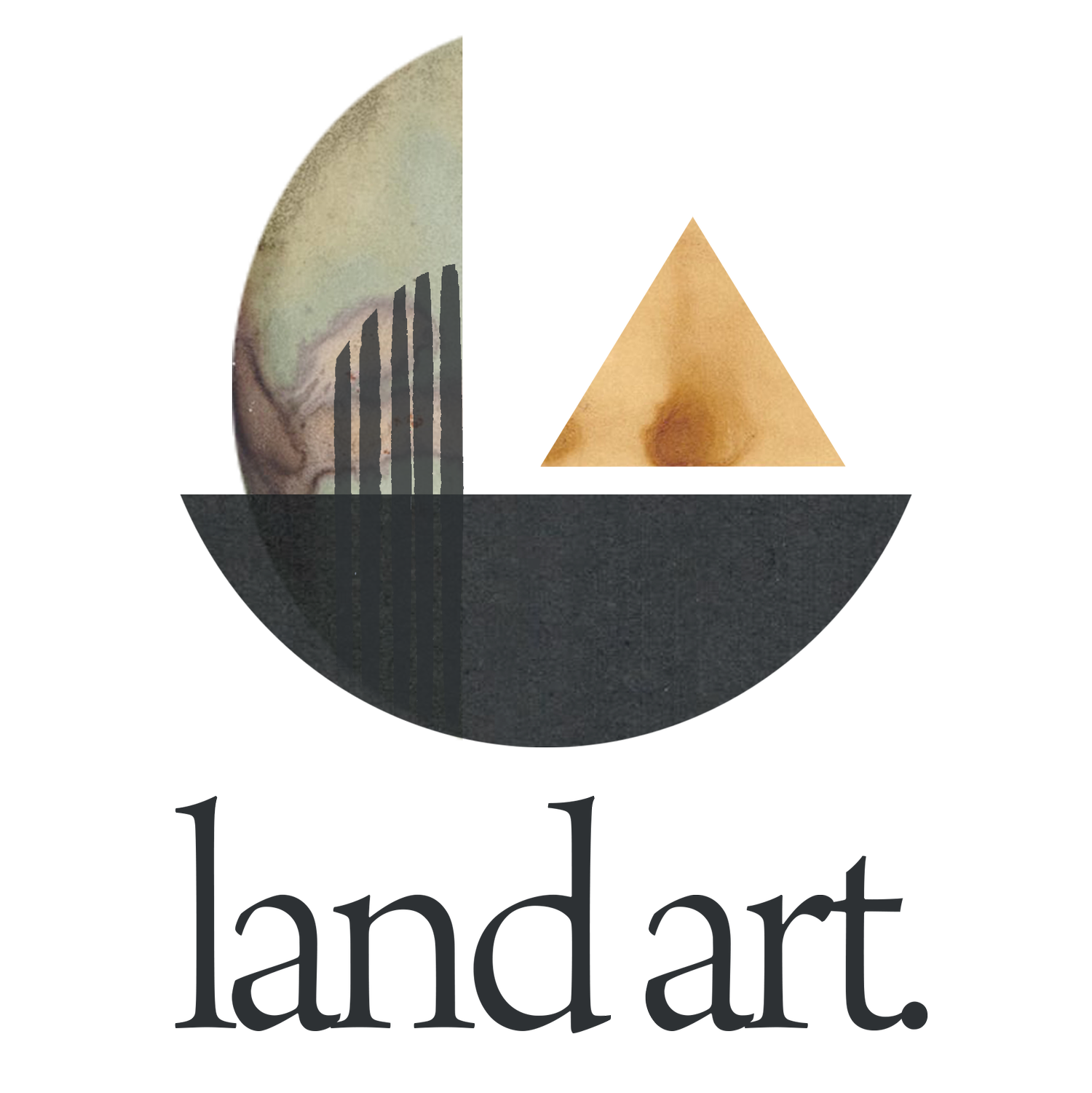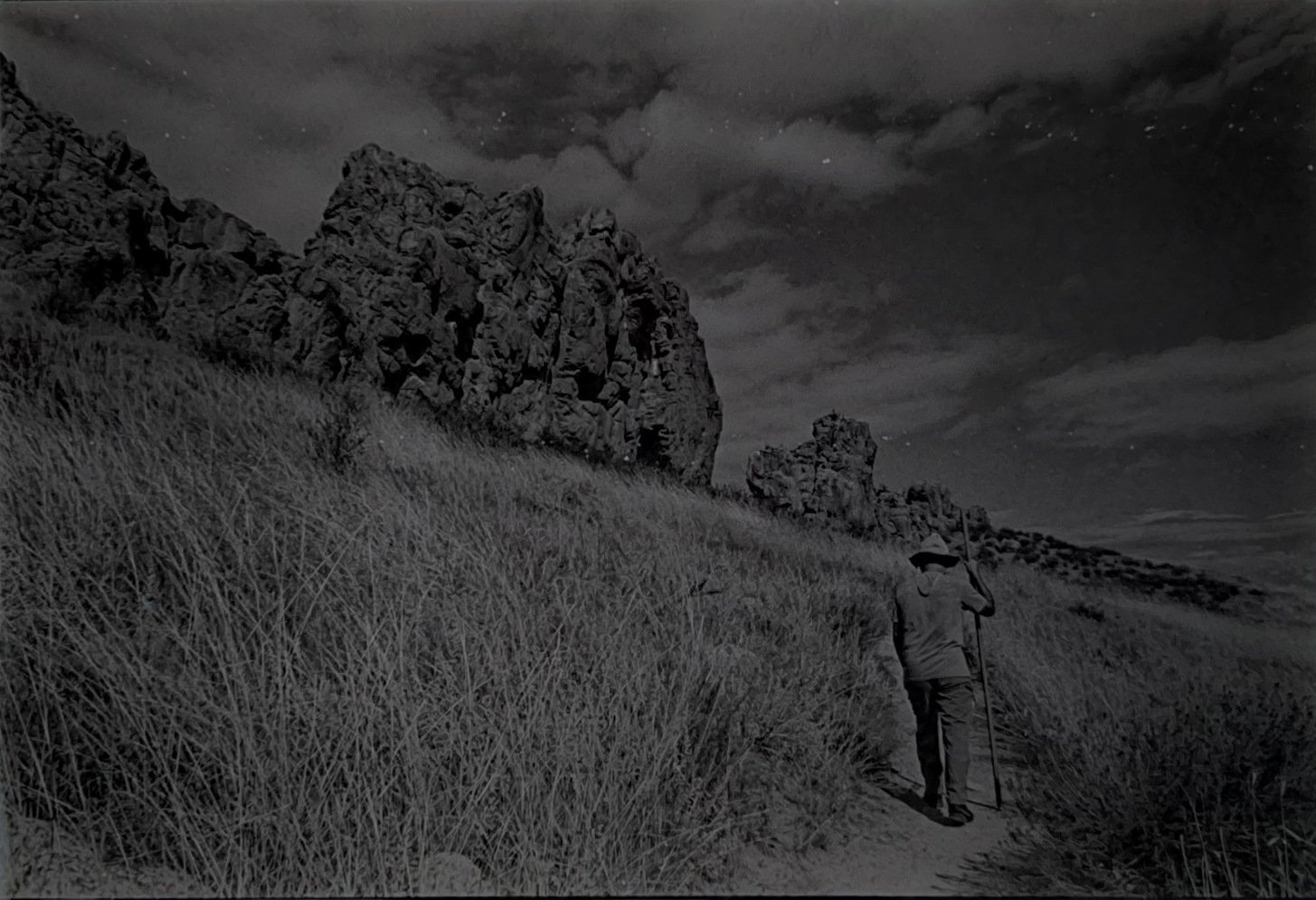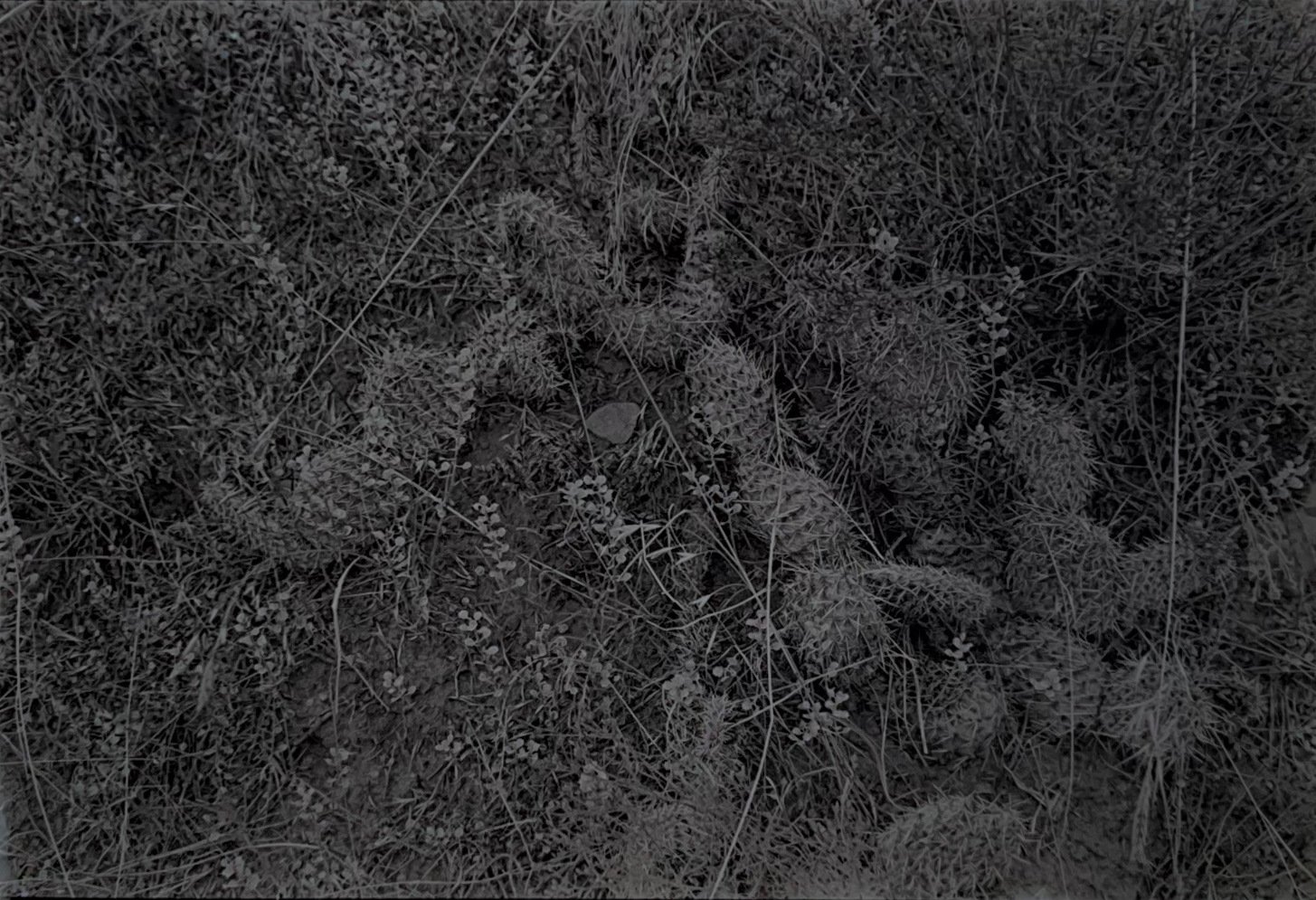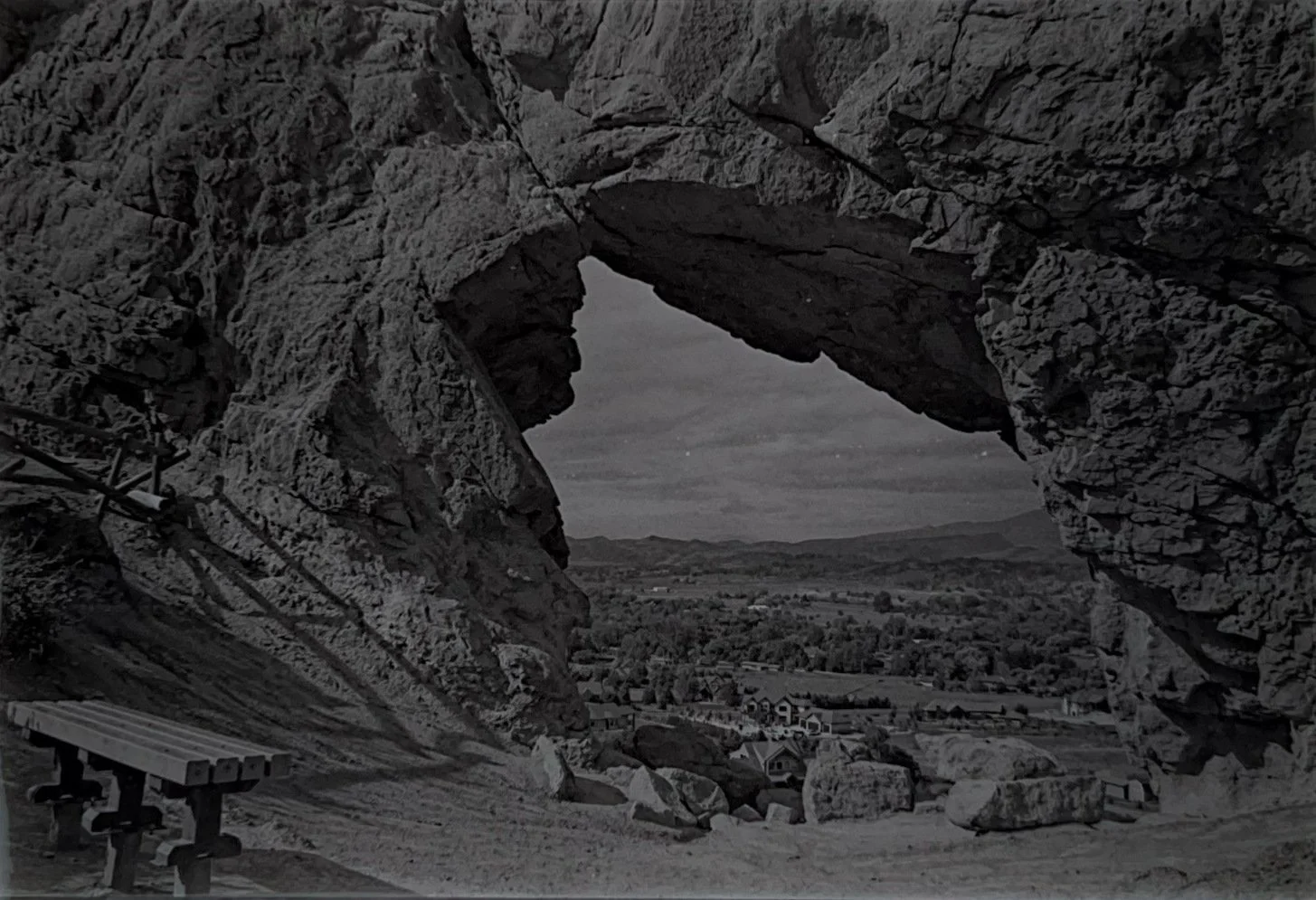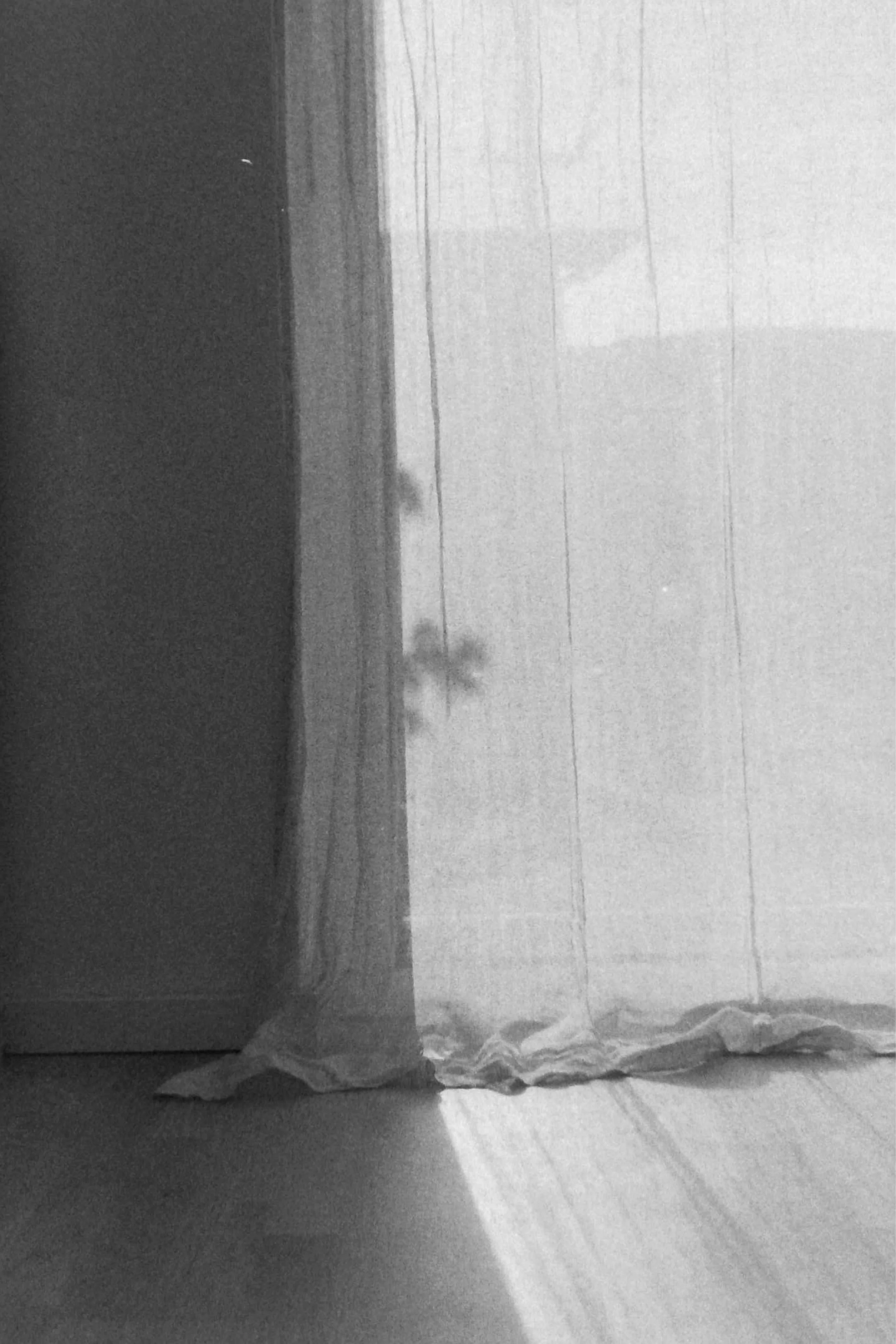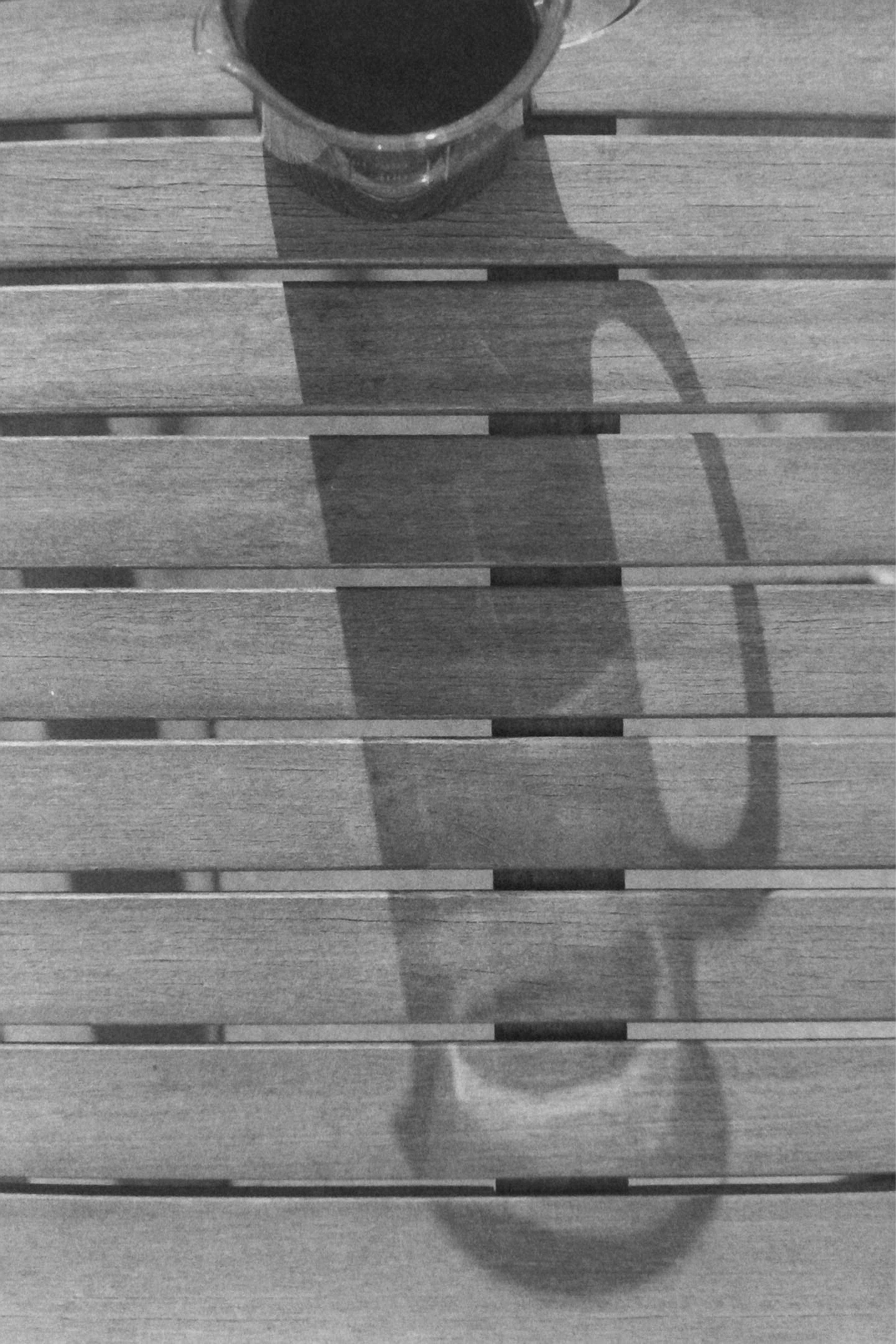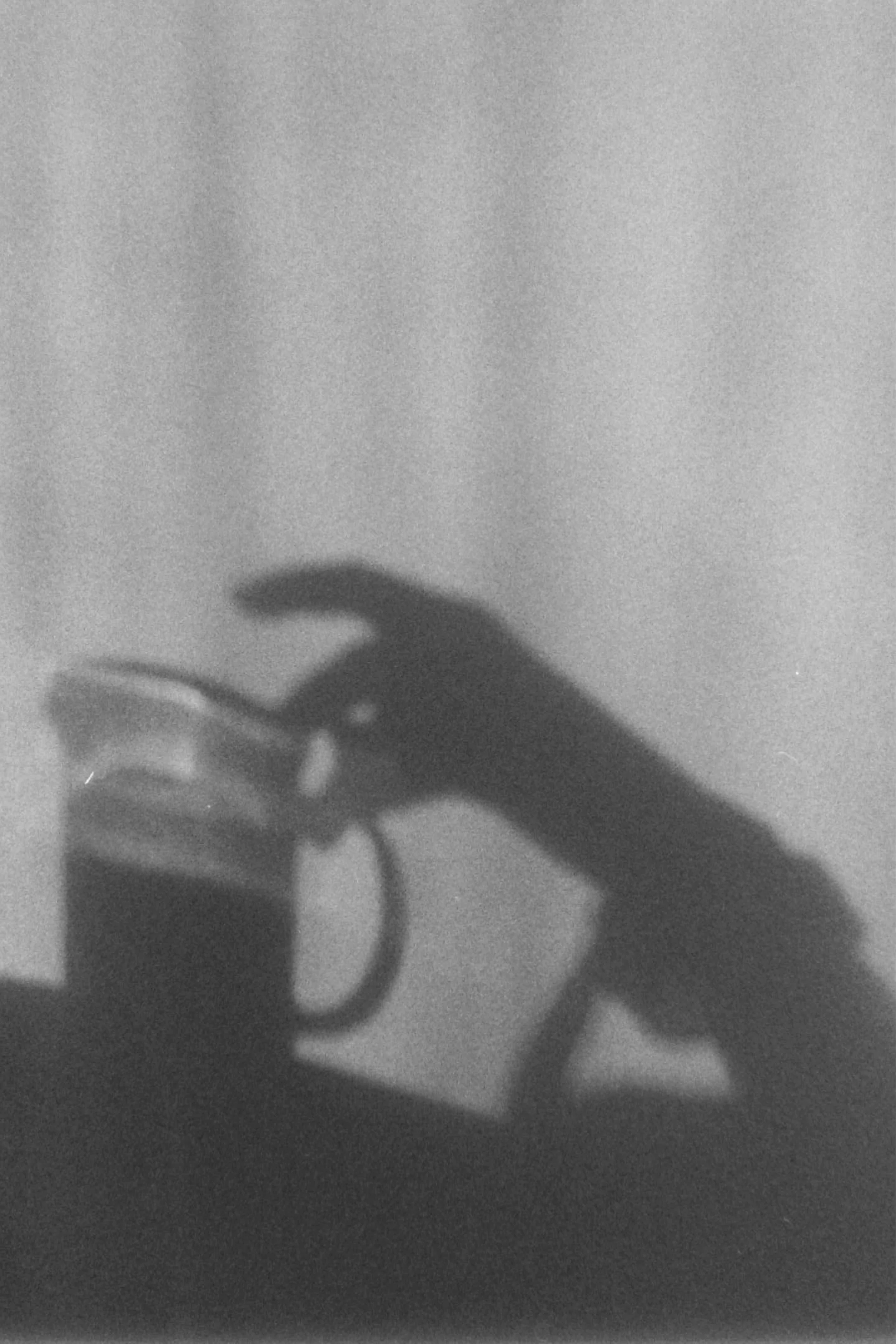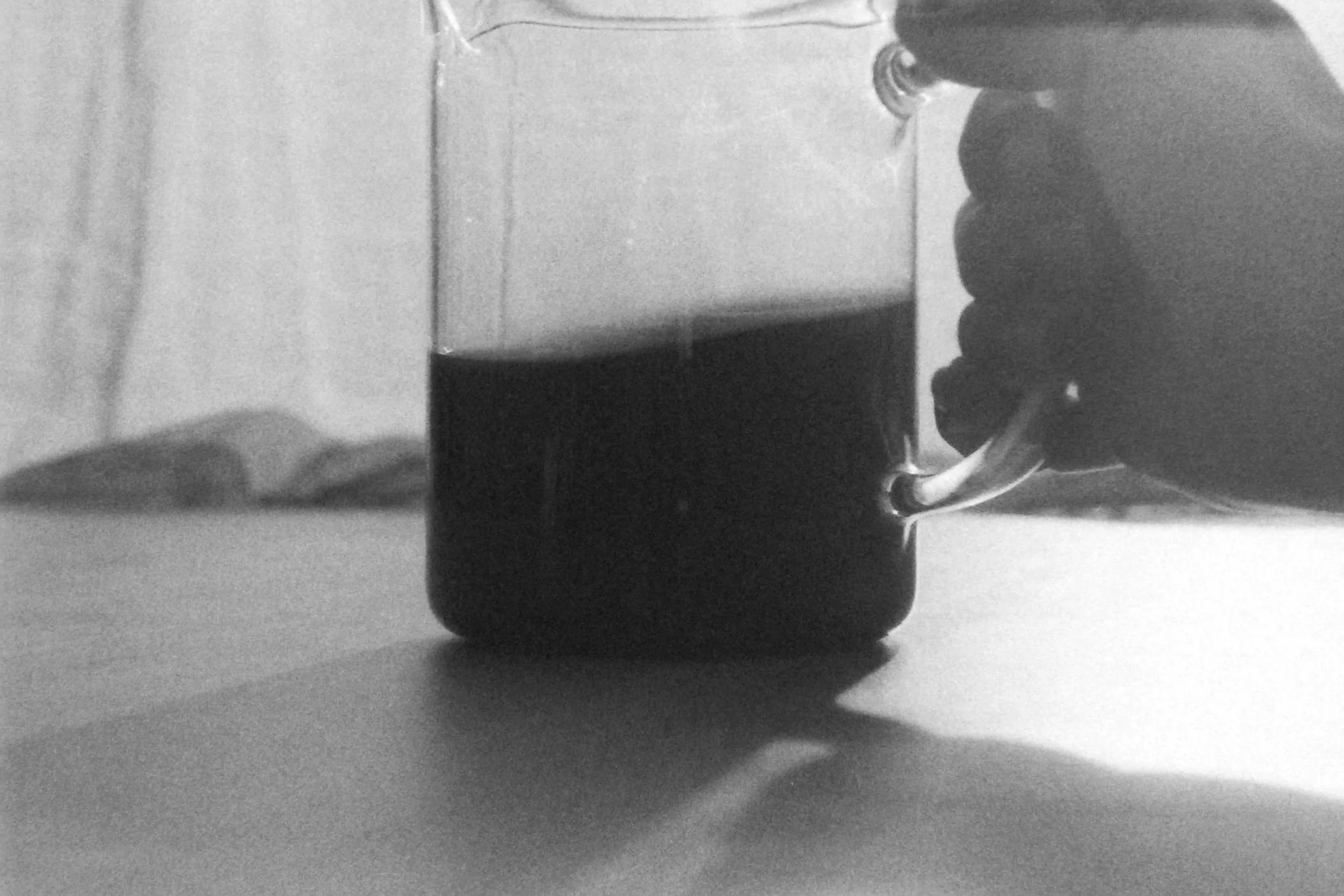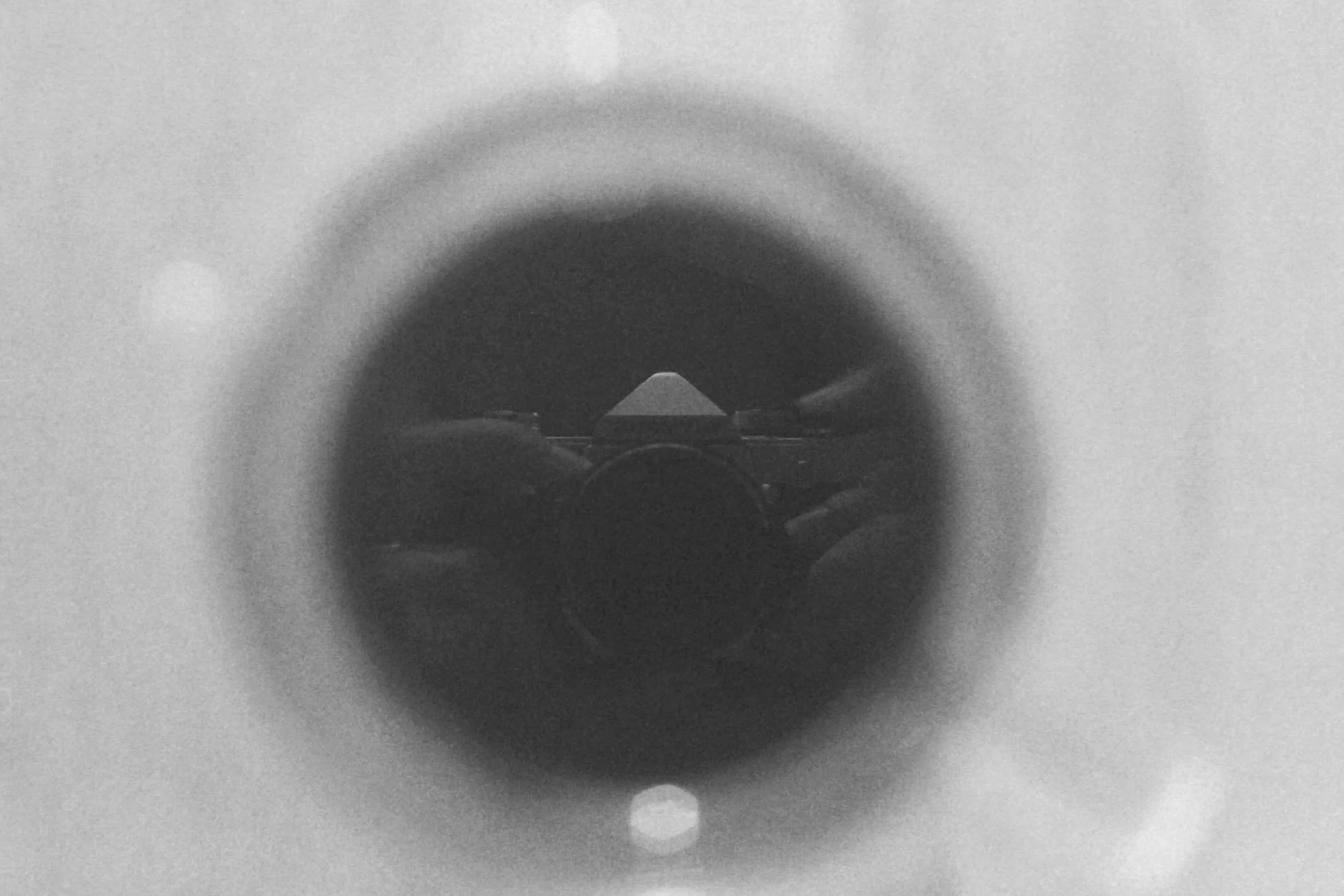
Plant Based
Developers
Join artist Melanie King to discover this alternative method of photographic developing.
Plant based developers are a sustainable alternative to standard photographic developers, and also offer the opportunity for different tones and contrasts.
2 hour live session with
Melanie King
£40
All sessions are recorded and made available for a week following the course.
This also includes times for any feedback questions.

IN A 2 HOUR LIVE SESSION YOU WILL:
-

Learn.
How to develop film using seaweed which has a strong contrasty tone, with sustainable photography pioneer Melanie King. If you do not live near to the sea, you can still join the workshop using a different plant.
Some viable alternatives to seaweed include mint tea, coffee or red wine.
This is a sustainable method for photo developing that can be used to expand your creative thinking and processes. It is a broad skill which can be applied to multiple strands of your practice and can support further sustainable photography experiments. Melanie is a pioneering expert and will be able to guide you at any stage of your expereince. -
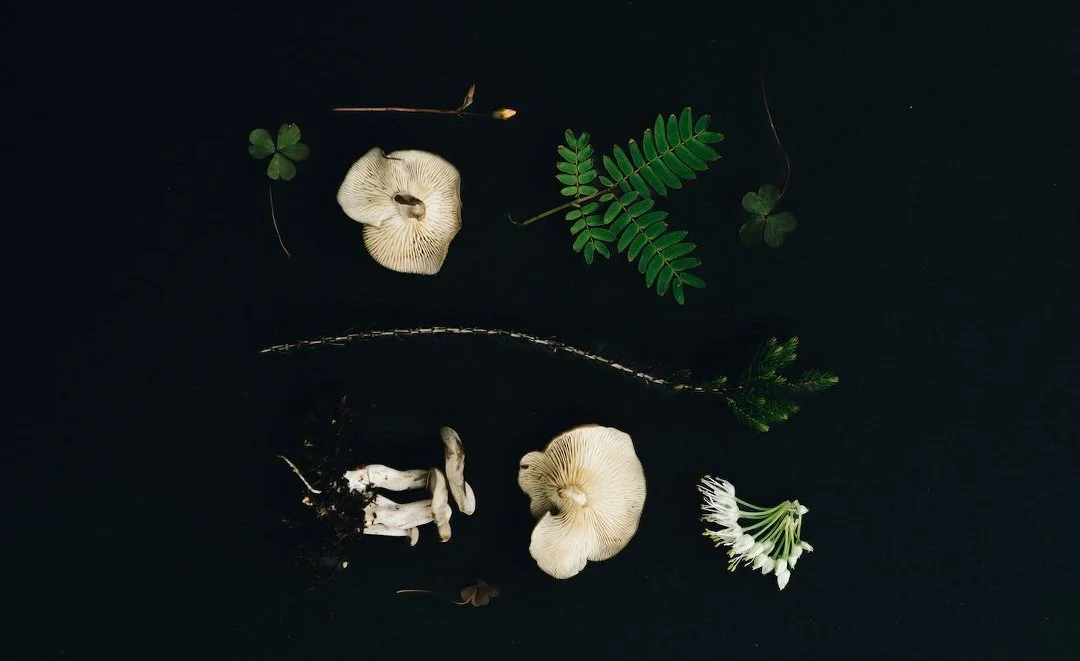
Need.
A completed black and white photographic film that has been in a camera and exposed to light. I recommend Ilford HP5 and Kentmere 400, lower ISO films will also work well.
A photographic developing tank.
Soda Crystals, such as Dri Pak soda crystals.
Vitamin-C powder or fizzy Vitamin C tablets.
Fixative or Salt and Water.
Seaweed OR Plant Matter (Mint Tea, Coffee, Red Wine)
Access to a dark space (bathroom, cupboard) or film changing bag.
Access to water (sink, tap, drain etc).
Gloves, if you have them (to protect your skin)
Thermometer, if you have one
-

Optional Extras.
If you would like to develop alongside Melanie in the workshop and using seaweed, please collect and brew it ahead of the session.
Seaweed brewing instructions:
1. Collect two handfuls of fresh seaweed (be careful not to damage the plant). It is best to collect washed up seaweed, seaweed that is not fresh may hold toxins from the sea so you may want to wear gloves.
2. To brew, boil around 500ml of water and pour on top of the seaweed in a jug. Leave for at least six hours (24 hours before is ideal).

Past participant examples
Mara Devil’s Backbone - mint tea developer
Ground coffee developer Alexandra
Series Feedback

Workshop
Host
Melanie King
Melanie King is a visual artist and practice-based researcher at the Royal College of Art. She is interested in the relationship between starlight, photography and materiality. Her PhD practice-based research "Ancient Light" considers how light travels thousands, if not millions of years, before reaching photosensitive film or a digital sensor. Her main body of photographs “Ancient Light” comprises of a series of analogue photographic negatives and prints of star-scapes, as well as a series of images created using telescopes and observatories around the world. Alongside this body of work, Melanie has produced 16mm films of the Moon and photographic etchings created using meteorite-imbued ink, milled at the Royal School of Mines. Melanie has produced daguerreotypes and world-record sized cyanotypes exploring the relationship with the Sun and photosensitive material. The purpose of her research is to demonstrate the intimate connection between celestial objects (sun, moon, stars), photographic material and the natural world. Melanie is currently researching sustainable photographic processes, to minimise the environmental impact of her artistic practice.
